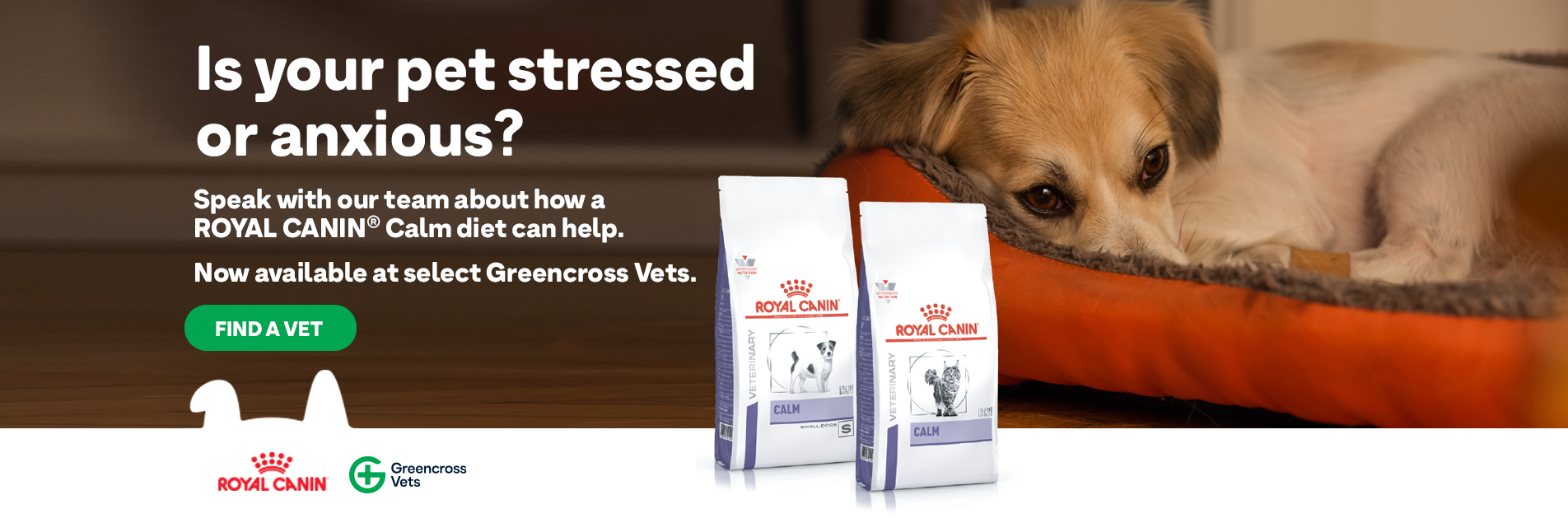
Understanding why dogs bark
To solve the barking problem, we must concentrate on the origin of the behaviour rather than the bark itself. Dogs bark for many reasons, and discovering these reasons will help you to treat the problem. Keep your neighbours and your dog happy – find out why your dog barks.
Types of barking
Dogs have three main types of bark:
- the play bark
- the alarm bark
- the frustration or attention-seeking bark.
The frustration bark is usually the biggest problem. This bark is common when your dog feels isolated from your family, like outside at night or during the day when you’re not home. Frustration can stem from boredom. As dogs are naturally social animals, they’re not happy when isolated from other members of the pack, which in this case is their human family. When isolated, it is natural for them to bark to gain attention. If nobody is home, then the bark serves only to annoy neighbours.
Tips to overcome problem barking
To overcome the attention-seeking bark, we need to confine the dog in its own pen or den. This is a very useful procedure as it simulates the natural place in which a pack dog would sleep. Wild dogs choose to sleep and rest in dens generally consisting of a hollowed-out log or a cave in an embankment. When inside these dens they are safe from other marauding dogs and they are warm, dry and comfortable. The wild dog never barks inside its den as this would advertise the den’s location. When in its den, the dog is serene and relaxed and certainly not anxious.
To combat separation anxiety problem behaviours like hole digging, ripping the washing off the line, and barking, you should create a den for your dog to sleep in and put them in the den when you leave for work.
To create a den, select or make a small room about six feet by eight feet. A laundry, tool room or bathroom is often ideal. Put a comfortable bed in that room for your dog to sleep on and put their water bowl in the room. Leave the water bowl there at all times so that, even if the dog is free in the garden, it has to go into the room to get a drink
Most importantly, feed your dog all of their meals in their den. Make this a positive experience for your dog by praising them in their den before allowing them to eat. In this manner, your dog associates happiness with being locked in the den and with being released from it. Happiness is a direct opposite of anxiety, so this procedure will eliminate anxiety and your dog will enjoy their period of confinement.
You may like to rekindle your dog’s happiness by giving them a small food reward when you confine them in the morning before leaving for work. A safe treat like a Kong will keep your dog occupied for some hours.

 Greencross Vets
Greencross Vets 


